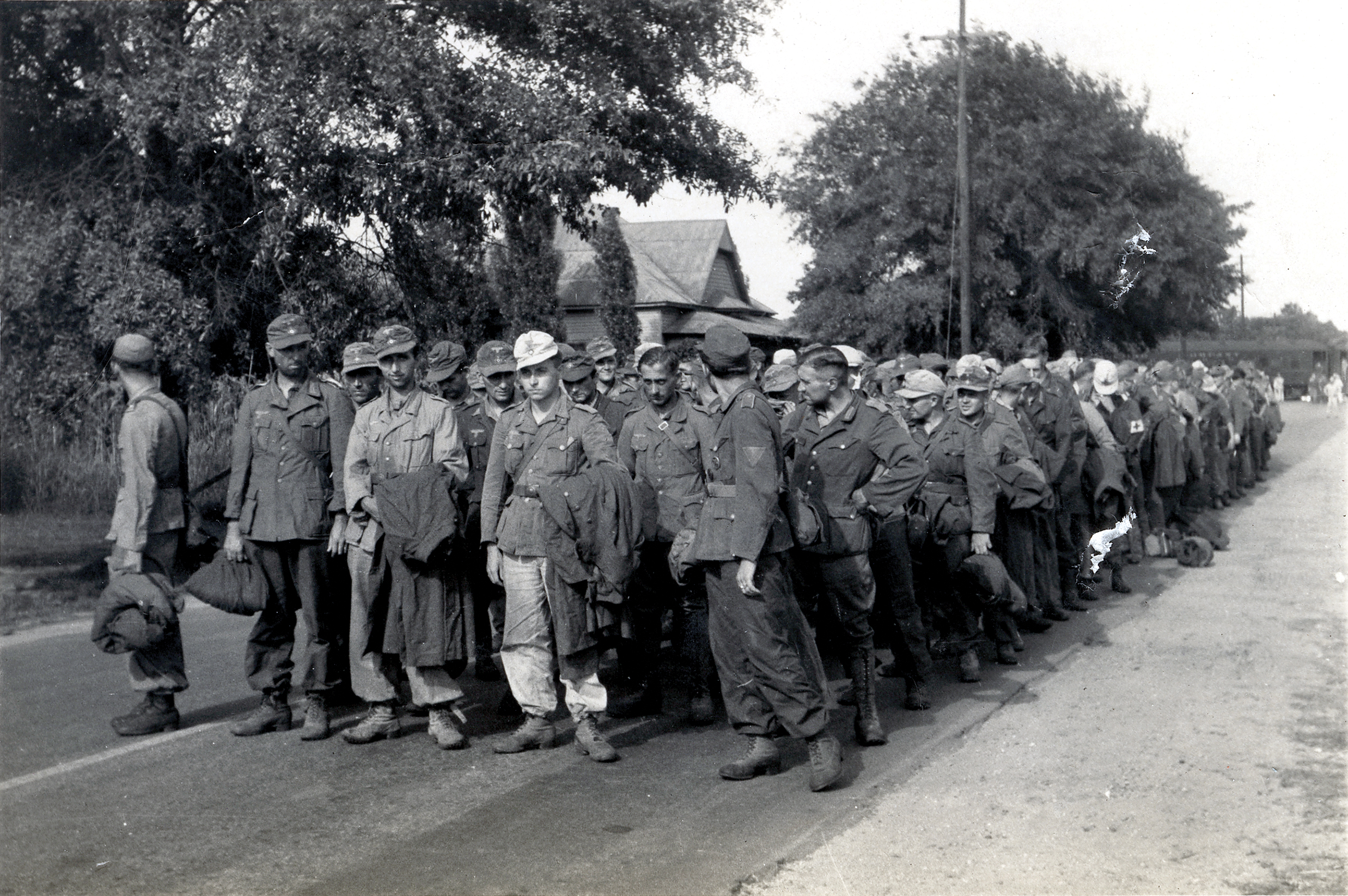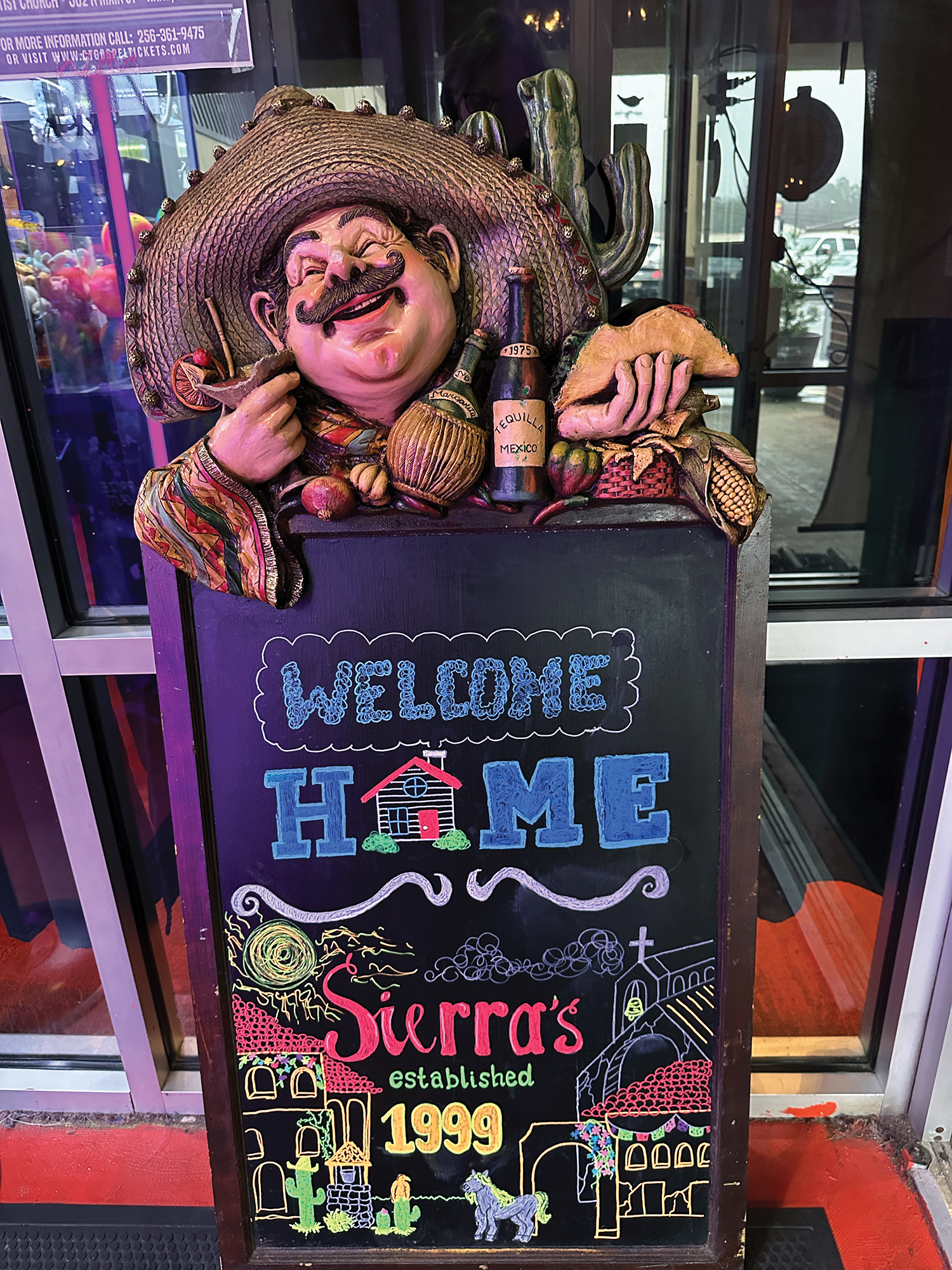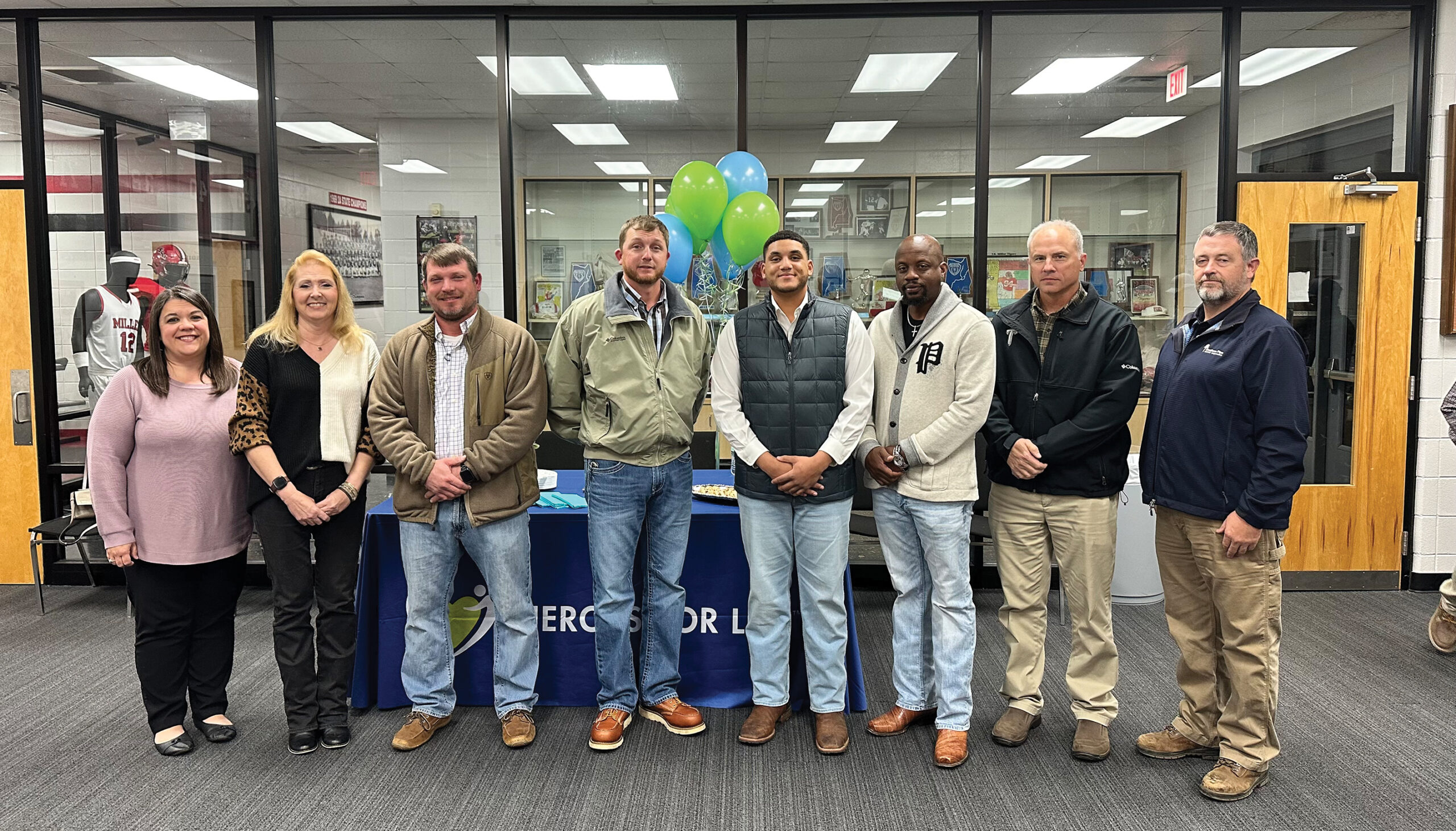Young students establish ‘four seasons garden’ at University of West Alabama
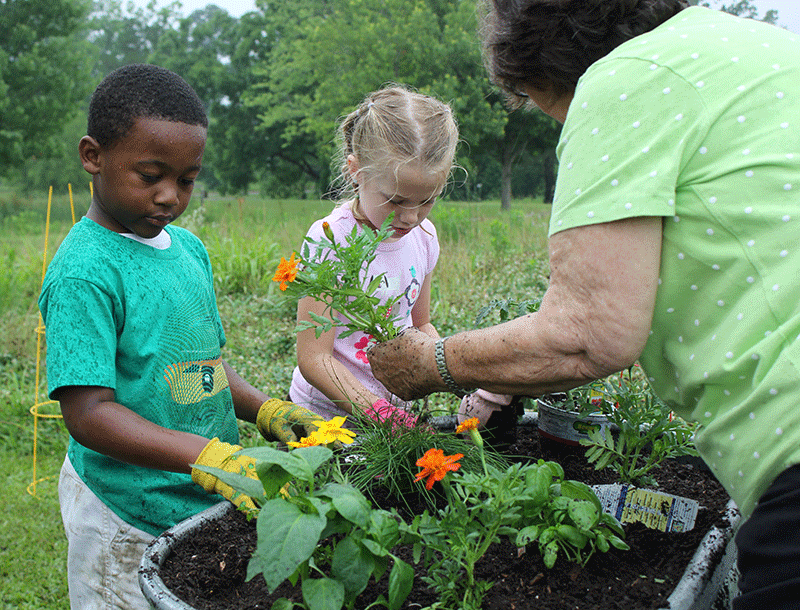
students are learning how a garden grows
as well as good eating habits with the help of gardening and nutrition experts.
The youngest students at the University of West Alabama in Livingston are getting a firsthand education on the unique agriculture of Alabama through a garden project with the Center for the Study of the Black Belt. The first installment of their “four seasons garden” was planted in early summer, and the students are reaping quite a harvest.
Students at the UWA Campus School have dubbed the summer installation of their year-round garden “The Pizza Garden” because it’s filled with the tomatoes, peppers, onions, and herbs they like on their pizza. The project gives children ages 5 to 11 firsthand knowledge of how a garden grows and how a community can thrive on its natural resources to grow its own food.
Through a garden grant, Whole Kids Foundation has provided the seeds, literally and figuratively, to grow healthy children and communities in rural west Alabama. The year-round garden is intended to jump start a supplemental science curriculum for students and to promote a healthy lifestyle among the community by reaching children first in an area plagued by high rates of obesity and poverty.
Project coordinator Annie Upchurch, director of the UWA Campus School, says having the assistance of gardening and nutrition experts has been essential in demonstrating to the children the connection between planting a garden and a healthy lifestyle through better nutrition.
“Our students have shown so much enthusiasm in every aspect of the process from learning about agriculture and the skills of tending a garden to the importance of nutritious foods and how to plan healthy meals,” Upchurch explained.
The garden, which is located at the Campbell Environmental Education Center at UWA and is connected to the UWA Campus School by a stretch of one of the campus’s nature trails, has served as an outdoor classroom for the young students. Here, horticulturist Sam Ledbetter of the Black Belt Garden teaches them about the planting and care for the garden.
“It’s where they’ve learned about life cycles of plants and have seen firsthand the stages of plant growth. By putting their hands in the dirt and growing vegetables they know they’ll eat at harvest time, they’ve come to understand and appreciate the process,” Upchurch said.
In their regular classrooms, students learn each week from Debra Clark of the Health and Wellness Education Center for Sumter County about the nutritional value and benefits of eating the vegetables they grow in the garden. The classes help re-associate “fast food” from being a drive-thru meal to fresh vegetables from the backyard. HWEC is the community partner for the project.
Other community groups and organizations take part in the program. Alfa Women’s Organization assisted with the installation and planting of the garden, and Livingston’s Primrose Club, a ladies group founded in 1901 as a study club, provides recipes and will help the students cook for the harvest time pizza party.
As with any Alabama garden, aesthetic appeal and an element of style are priorities. In classroom craft projects the children have constructed and decorated their own watering cans using recycled containers. They have decorated the wash area with tile mosaics they created with the assistance of artists who also teach the technique in continuing education classes.
The garden shares its home with a community orchard established in 2012. All the plant life in the garden offers an agricultural history lesson to the community, which Educational Outreach Dean Tina N. Jones says keeps with the mission of UWA’s Center for the Study of the Black Belt and the University as a whole.
“The flora in the garden and orchard is native to Alabama’s Black Belt. These are the plants, vegetables, and fruits that would have grown in Alabama on homesteads like the Campbell Center’s original site more than 100 years ago,” Jones explained. “These fruits and vegetables thrive in the rich, dark soil for which the Black Belt region is named, and they have worked their way into our culture over the years both by the tradition of working to grow a crop and through the experiences we share while enjoying the harvest.”
The double-dog trot house that is the Campbell Environmental Education Center was moved to the UWA campus in 2010 and has been renovated to offer classroom and meeting space. The structure sits in close proximity to the Alamuchee Covered Bridge and historic Cedarwood. Plans are in place to relocate an historic chapel to the same area on the UWA campus.
The Center for the Study of the Black Belt was established in 2005 on the belief that people develop a shared sense of pride and stewardship of their homeland if they understand its history, culture, and natural environment. The Center encourages scholars and citizens to address the region’s challenges by promoting its abundant and unique natural, historical, and cultural resources.

